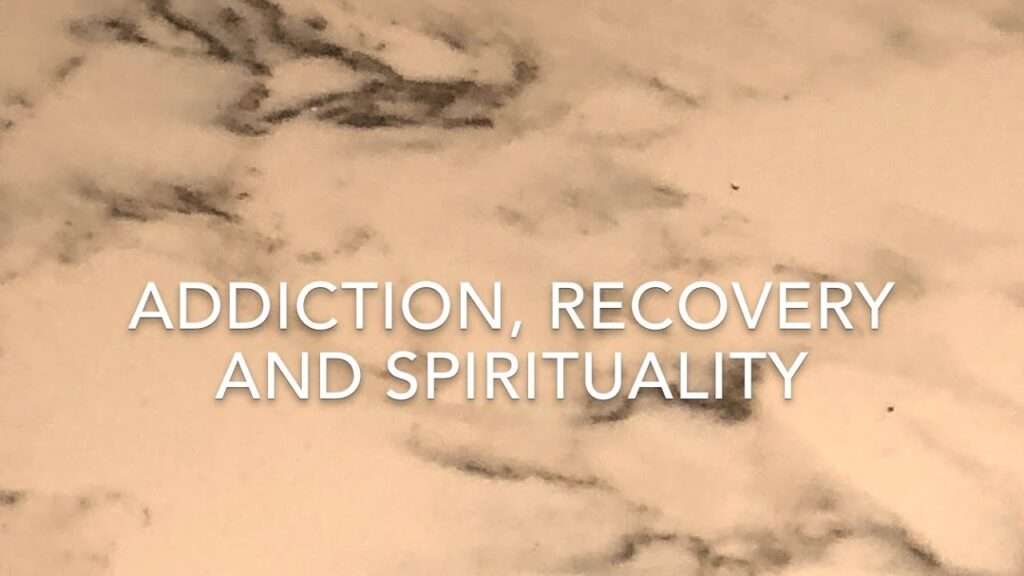After completing a rehabilitation program, individuals still face various challenges as they continue on their recovery journey.
Rehab patients in Ghana often face stigma and discrimination from their communities and even their own families. This makes it difficult for them to reintegrate back into society and may lead to feelings of shame and isolation.
Employers may be hesitant to hire individuals with a history of addiction, leading to financial instability and potential relapse triggers.
Rehab patients in Ghana face a variety of relapse triggers, including exposure to drugs or alcohol, stress, and lack of social support. Without adequate coping mechanisms and support systems in place, individuals struggle to resist these triggers and maintain their abstinence.
Many rehab patients also struggle with re-occurring mental health issues such as depression, anxiety, or trauma due to limited mental health support. However, access to mental health services and support may be limited, making it challenging for individuals to address these underlying issues and maintain their recovery.
Chief Executive Officer of the Chosen Rehab Centre, Apostle Daniel Cobby Washington, noted the lack of employment opportunities for people who have overcome their addictions.
According to him, the inability of society to give these individuals, who have worked greatly on themselves to be better persons, an opportunity can result in a relapse.
“Those of us that you’ve traveled a little bit, you can see that when someone leaves a rehab, they can easily get a job at McDonald’s, they can get a job at Burger King, they can get a job at KFC, but do we do the same thing here?
“So the person that is no more an addict, needs to have a new life or new people around him, have a job but he walks through Accra, he drops CVs everywhere and nobody will accept him. He could easily be at the ghetto or the drinking bar, where he talks to his old bodies and the bodies are like, ‘Hey, you’re looking good. Can we work on you with just one sip?’”
Apostle Daniel Cobby Washington
Maintaining a healthy lifestyle, such as adopting a balanced diet, regular exercise, and good sleep patterns, can be challenging but important for sustained recovery.
Every individual’s recovery journey is unique, and their specific challenges vary. Addressing these challenges supports individuals’ journey toward long-term recovery and successful reintegration into society.
Addiction, Recovery And Spirituality

Recovery from drug addiction can have a spiritual dimension. Many individuals find solace and support in spiritual or religious communities during the recovery process.
The journey toward abstinence often involves introspection, self-reflection, and a search for meaning and purpose in life, which can align with spiritual exploration.
Research suggests that there is a genetic component to addiction, where certain genes may influence an individual’s vulnerability to addictive behaviors, making them more susceptible to developing addiction if exposed to specific substances or behaviors.
While genetics play a role, the environment in which a person grows up also influences their likelihood of developing an addiction. Family dynamics, exposure to substance abuse, and social influences can all contribute to addiction risk.
It is important to note that having a family history of addiction does not mean that an individual is destined to develop an addiction themselves.
Many people with a family history of addiction live healthy, addiction-free lives. However, individuals with a family history of addiction need to be aware of the potential risks and take proactive measures to prevent or manage addictive behaviors.
Gospel musician Mike Kesse revealed that drug dependency has spiritual underpinnings.
Recounting how God healed him of alcohol abuse and other lifestyles, Kesse mentioned that because drug addiction can be traced to spiritual forces, the God factor is needed in healing people in such situations.
“Sometimes it is way beyond what we feel like peer pressure. We should also think about the spiritual aspect. There is a spiritual side to it. It is like a family inheritance. It is deeper than what sometimes we think. You can go back to your family history and you would notice that something that your father used to do, you also do the same, something that your mother is doing, you do too. If it is not alcohol, maybe womanizing. You are doing it. It is a generational bomb.”
Mike Kesse
Mike who claimed to have depended on alcohol and shisha in the past noted that drug has unimaginable effects on its users.
“It will affect you emotionally and financially. Emotionally because sometimes because of anxiety, when you stand on stage you feel like you are shy when you see the crowd so you need something to shade you to take the shyness away. But at the end of the day, you would say something that you will regret later.”
Mike Kesse
It’s important to note that while the “God factor” has been helpful for many people, it is not the only approach to recovery. Recovery is a personal journey, and individuals should find a path that aligns with their beliefs, values, and needs.





















